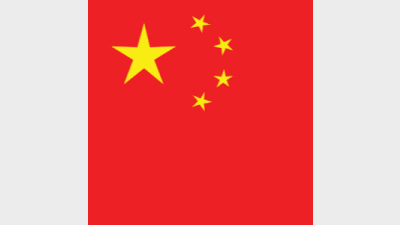Time to move beyond Chinese mega-caps



A year hindered by unexpected regulatory measures has created mispriced opportunities available, particularly in the property and healthcare sectors, according to T. Rowe Price.
Last year saw a range of regulatory measures enforced in areas such as education and technology while the property sector was affected by the collapse of property developer Evergrande. This led many managers to exit or reduce their exposure to the region, particularly mega-cap technology names such as Alibaba and Tencent.
As a result, there were opportunities to pick up stocks at low prices, particularly away from the mega-cap space.
Wenli Zheng, portfolio manager of the China Evolution Equity Strategy at T. Rowe Price, said: “A lesson learned in 2021 is that looking beyond mega-caps may lead to a higher chance of finding future winners.
“This is not only because many blue-chip stocks across internet, healthcare and consumers sectors have pulled back meaningfully due to investors’ concerns over regulation but because these stocks were already crowded and expensive trades after the market rally in 2020.
“Recent regulatory concerns have created mispriced opportunities and a better understanding of Beijing’s long-term policy agenda can help investors navigate the regulatory environment in China.
“The regulator is more likely to conduct structural reforms when the underlying economic situation is strong in order to ‘fix the roof when the sun is shining’. We believe the recent countercyclical policy moves can help China’s economy to become more resilient against future external shocks.”
Moving onto specific sectors, Zheng highlighted property and healthcare as well as leaders in niche industries such as smart vehicles, business services and furniture retail.
“With investors shying away from anything related to property and healthcare sectors, we believe there are companies with unique business models that can navigate the environment successfully,” Zheng said.
“That includes select companies in property management services, furniture retail and medical devices. We also focus on leading players in various niche industries, many are mid-cap companies in industrials and business services segments. We expect niche industry leaders can offer strong growth potential at a reasonable price.”
Other secular trends of interest for Zheng were the rise of Chinese domestic brands, which were benefitting from being early adopters of social media and e-commerce, and energy transition/smart vehicles and high-performance computing.
Recommended for you
LGT Wealth Management is maintaining a neutral stance on US equities going into 2026 as it is worried whether the hype around AI euphoria will continue.
Tyndall Asset Management is to close down the Tyndall brand and launch a newly-branded affiliate following a “material change” to its client base.
First Sentier has launched its second active ETF, offering advisers an ETF version of its Ex-20 Australian Share strategy.
BlackRock has revealed that its iShares bitcoin ETF suite has now become the firm’s most profitable product line following the launch of its Australian bitcoin ETF last month.












